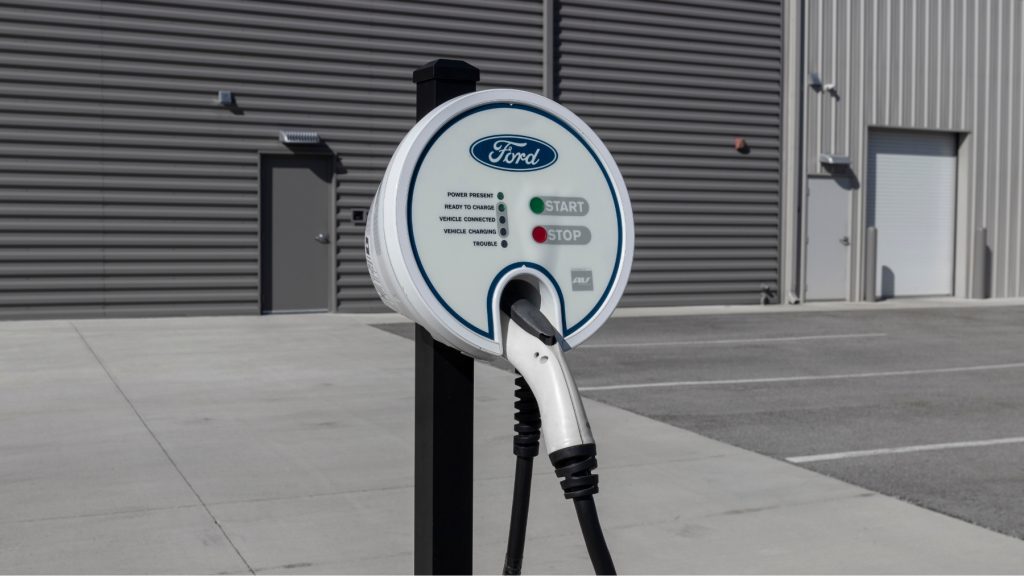
The evolution of electric vehicles, once hailed as the savior of the planet, is now facing a backward momentum.
- In our haste to fix the planet, we did not think EVs through from production to consumption.
- The rush to dominate the market has made it nearly impossible for us to buy EVs.
- Insurance companies are debating whether to drop EVs, or not.
I don’t know if you have been keeping up with the news lately, but the electric vehicle (EV) industry is in trouble. From major automotive giants slowing down their efforts to people somehow politicizing the industry, it’s unclear where humanity went wrong with its favorite effort to save the planet. As things stand, insurance companies are having second thoughts on supporting EVs. So, if the sector doesn’t clean up its act as soon as possible, EVs will become like horses, a coveted token of wealth. That much is clear.
The Cart Before of the Horse
Modern EVs emerged in the late 20th century in response to the 1973 Oil Crisis and growing climate concerns. Nothing well-planned and thought-out ever comes of a state of mass panic. As a result, EVs became THE climate solution, and the world was satisfied with that answer. As the GM of Marketing and Product at Mitsubishi Motors, Jeff Allison, puts it in his article for our latest issue, “[EVs] have been hailed as the frontrunners, but it’s essential to view them as just a gateway, not the ultimate destination.” Companies across the board just hyper-fixated on making high-tech EVs, that could rival internal combustion engine (ICE) cars any day of the week, before the other guy. And race they did.
The Tortoise and the Hare
Today, we find ourselves in a pesky situation. On the one hand, companies and consumers alike realize the potential EVs have for their pockets and the world, respectively. On the other, however, these companies’ thirst to be first, like some weird teacher’s pet, has rendered living in the very capitalistic world they made downright impossible. Personal electric vehicles are becoming a luxury. Most people would agree that putting a roof over their heads is more important than doing their individual duties toward Mother Earth. Don’t get me wrong, we like the cars, just not the price tag.
The Nail in the Coffin
If things couldn’t get any worse, insurance companies are now debating whether to keep supporting EVs. Some have already taken that plunge. The lack of insight into battery repair costs is causing higher premiums and even some insurers refusing coverage. Good electric car repair costs are about 25% higher on average than ICE vehicles. Experts fear the threat of thermal runaway in damaged batteries, but diagnostic techniques are lacking. While premiums may level out once risks are better understood, the issue poses short-term challenges.
Final Thoughts
Manufacturing EVs is not as green as desired considering our day and age. Buying EVs costs an arm and a leg. Fixing them in case of an accident costs two kidneys and a left eye. So, why should consumers buy electric cars in this economy anymore? No wonder Tesla’s electric vehicle sales are plummeting, and Ford is pausing its $12 billion in electric car spending. The middle class is almost gone now. The consumer can no longer afford to live and be ecologically conscious. Going electric is no longer anywhere near the top of the priority list.
Inside Telecom provides you with an extensive list of content covering all aspects of the tech industry. Keep an eye on our Tech sections to stay informed and up-to-date with our daily articles.